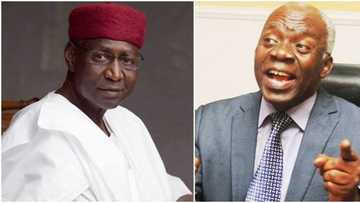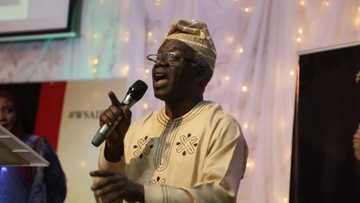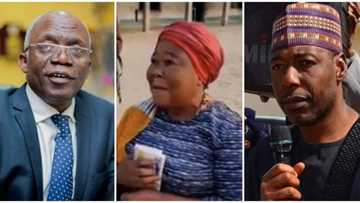
Femi Falana (SAN)
- Name: Femi Falana
- Birthdate: May 20, 1958
- Birthplace: Ilawe-Ekiti, Ekiti state
- Occupation: Lawyer
Femi Falana, SAN, born on May 20, 1958, in Ilawe-Ekiti, Nigeria, is a distinguished lawyer and human rights activist renowned for his unwavering commitment to justice and democracy.
Early Life and Education
Falana completed his primary education at St. Michael’s School and attended Sacred Heart Catholic Seminary for his secondary education.
He earned his LL.B. from the University of Ife (now Obafemi Awolowo University) in 1981 and was called to the Nigerian Bar in 1982.
Legal and Activist Career
In 1991, Falana established his law firm, Falana & Falana Chambers, alongside his wife, Funmi Falana, a women's rights activist.
His legal practice spans civil, criminal, and human rights law, with notable victories in cases involving unlawful detentions, freedom of expression, and socio-economic rights.
He has represented clients before various international tribunals, including the African Commission on Human and Peoples' Rights and the ECOWAS Court of Justice.
Recognition and Publications
Falana's contributions have earned him several accolades, such as the Bernard Simons Memorial Award from the International Bar Association and the Defender of the Year Award from the International League for Human Rights.
He has authored works like Fundamental Rights Enforcement in Nigeria and Governance in Post-Military Nigeria.














